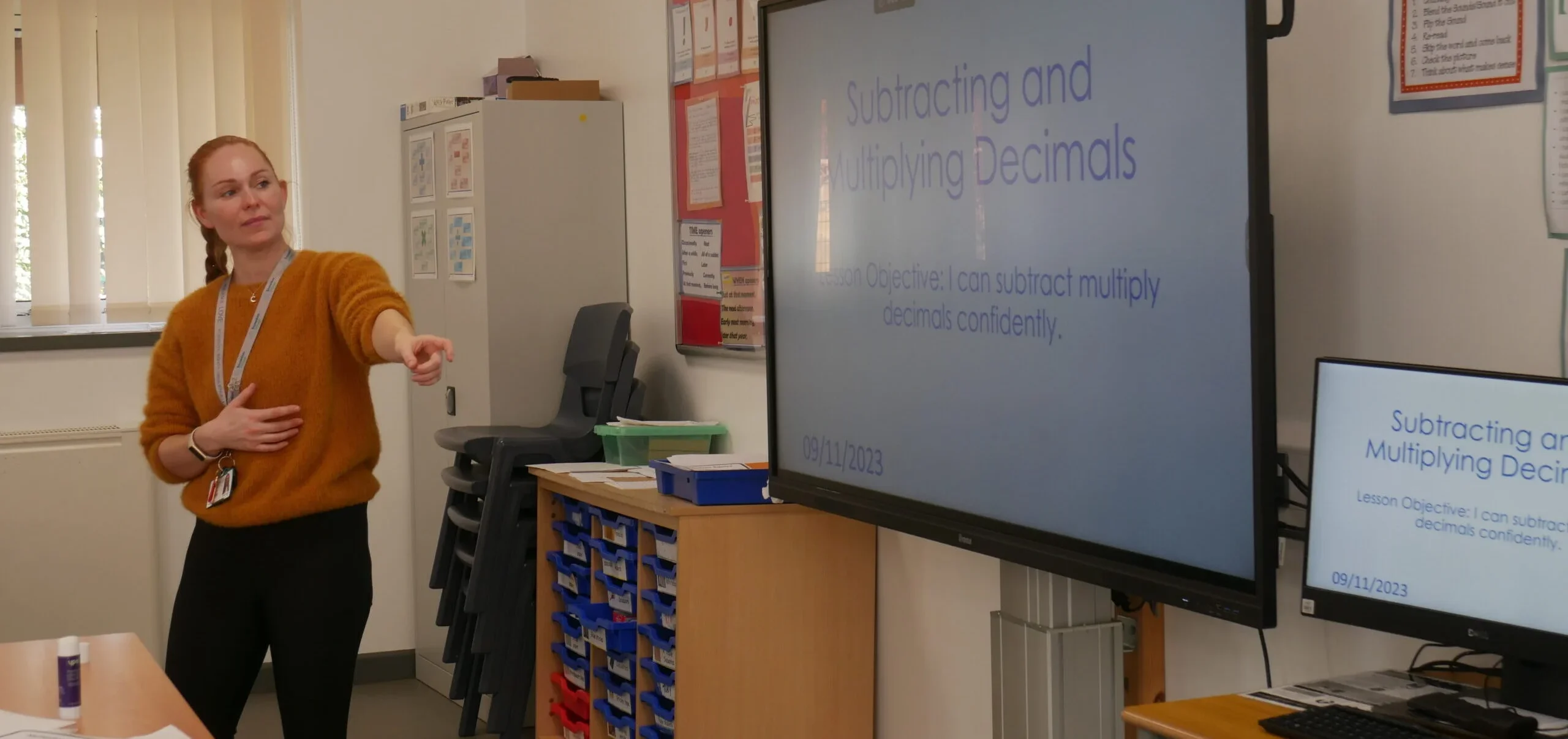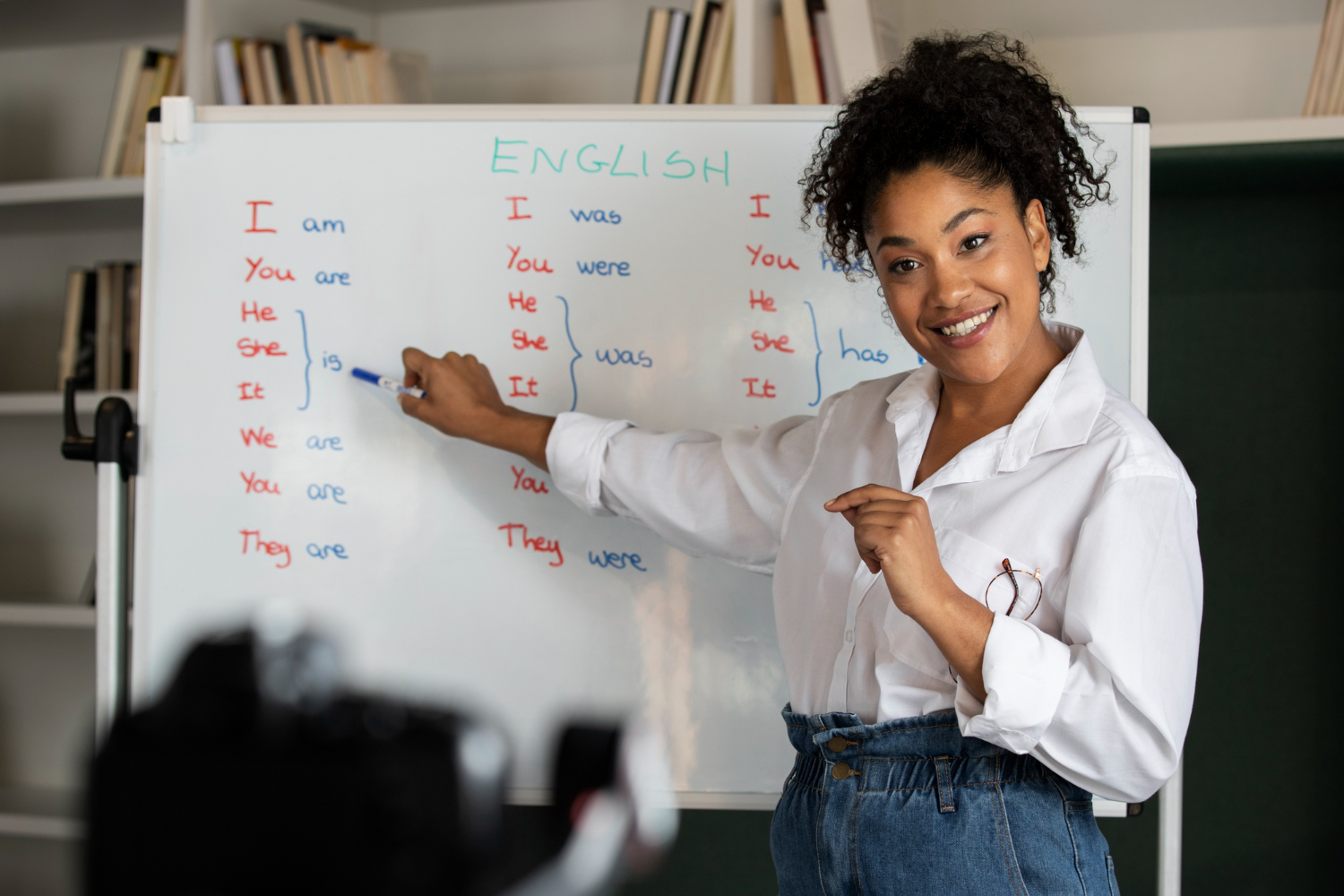Primary teacher career paths and progression opportunities
After completing all your training and experience for primary school teaching, there are plenty of alternative careers that you can decide to go into depending on your interests, skills, and aspirations. These are a few examples:
Specialisation:
Primary teachers can choose to specialise in a particular subject area or aspect of education, such as special educational needs (SEN), literacy, numeracy, or technology integration. This can lead to opportunities for leadership roles within the school, such as subject coordinator or SEN coordinator.
Middle leadership:
Experienced primary teachers may progress to middle leadership roles, such as head of year, phase leader (e.g., key stage coordinator), or curriculum coordinator. These roles involve taking on additional responsibilities for a specific year group or subject area and may include line management of other staff members.
Senior leadership:
For those interested in school leadership and management, there are opportunities to progress to senior leadership roles, such as deputy headteacher or headteacher. Senior leaders are responsible for the overall management and strategic direction of the school, including staff development, curriculum planning, and school improvement initiatives.
Teacher training and mentoring:
Experienced primary teachers may choose to become teacher trainers or mentors, supporting the professional development of new and aspiring teachers. This can involve working in initial teacher training programs, providing mentorship and guidance to trainee teachers, or delivering continuing professional development (CPD) workshops for practicing teachers.
Educational consultancy:
Some primary teachers transition into roles outside of the classroom, such as educational consultants or advisors. In these roles, they may work with schools, local authorities, or educational organisations to provide expertise and guidance on curriculum development, teaching strategies, assessment practices, or school improvement initiatives.
Further education:
Primary teachers with additional qualifications or experience may choose to transition into roles within further education, such as teaching in colleges or adult education centres. This can provide opportunities to work with older learners or in specialised subject areas.
Research and academia:
Primary teachers with a passion for educational research and academia may pursue further study, such as a master’s or doctoral degree, and transition into roles within academia or research institutions. This can involve conducting research, publishing academic papers, and contributing to the development of educational theory and practice.






